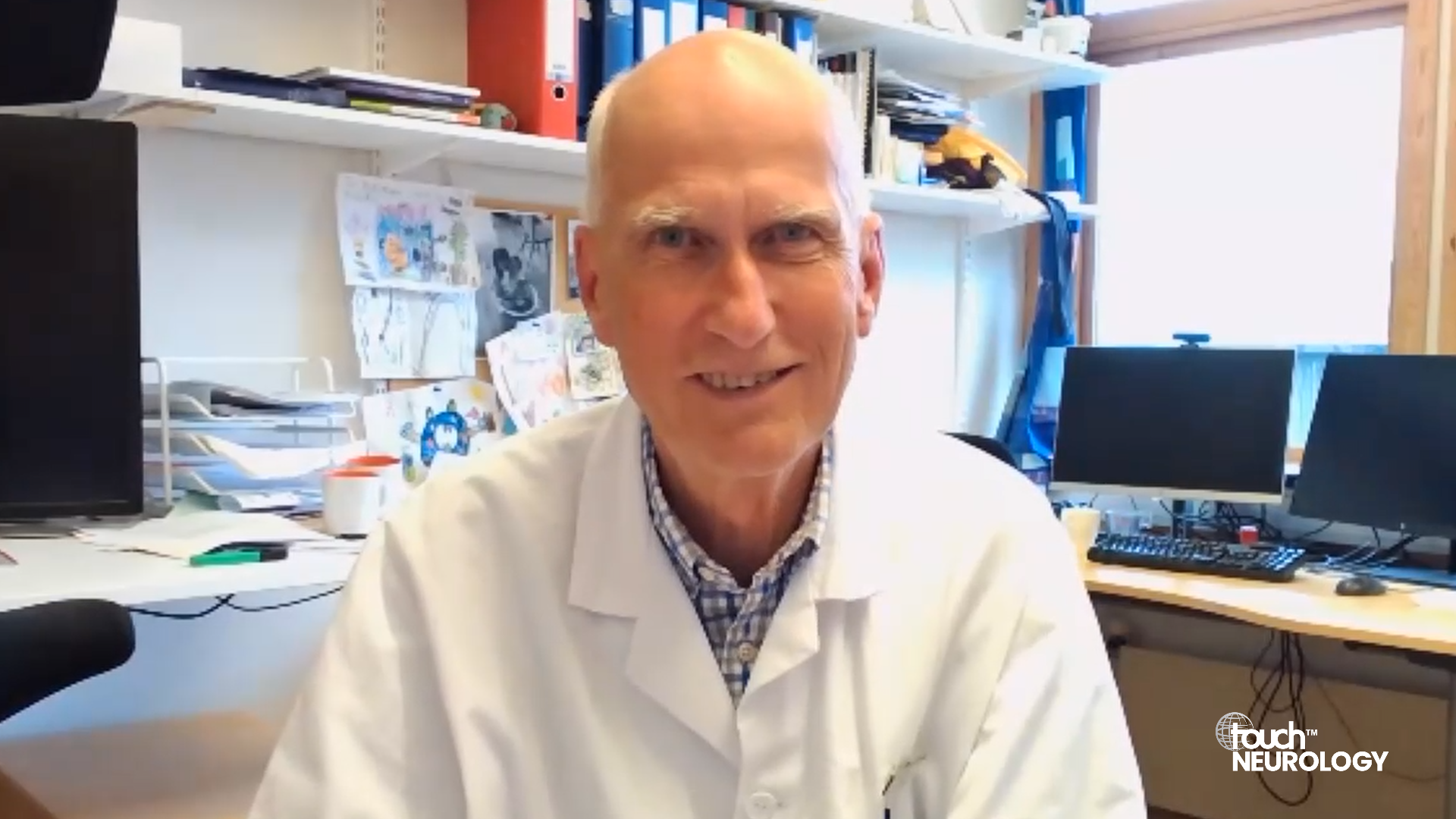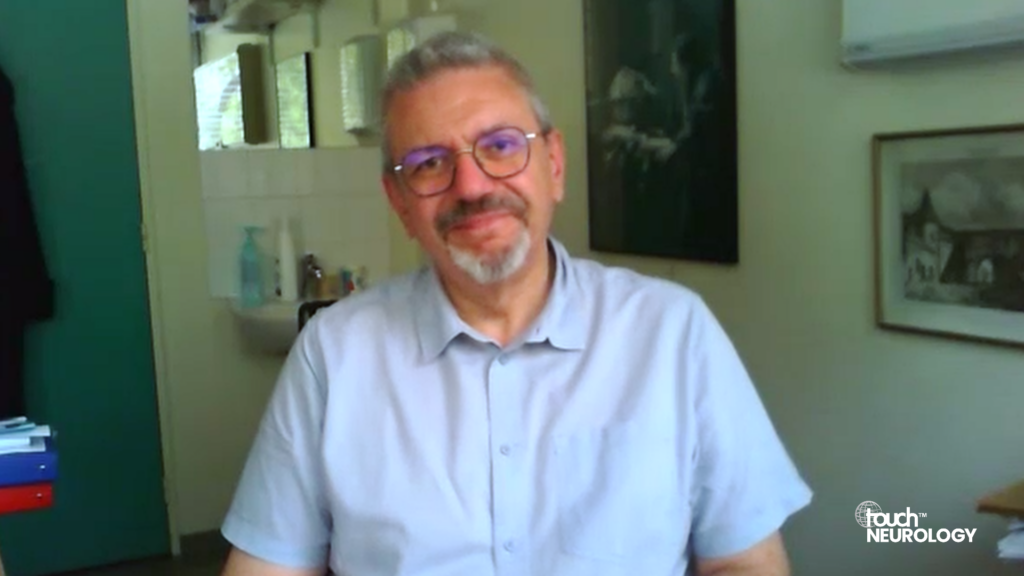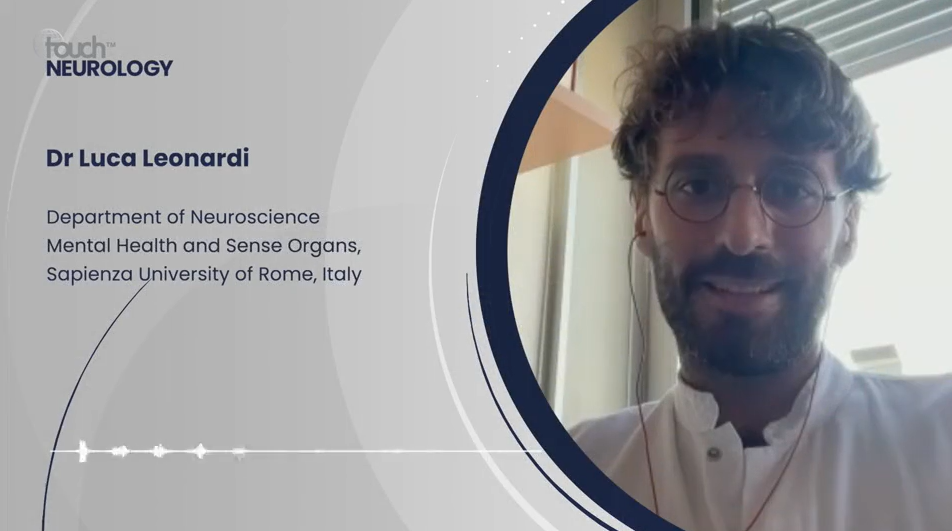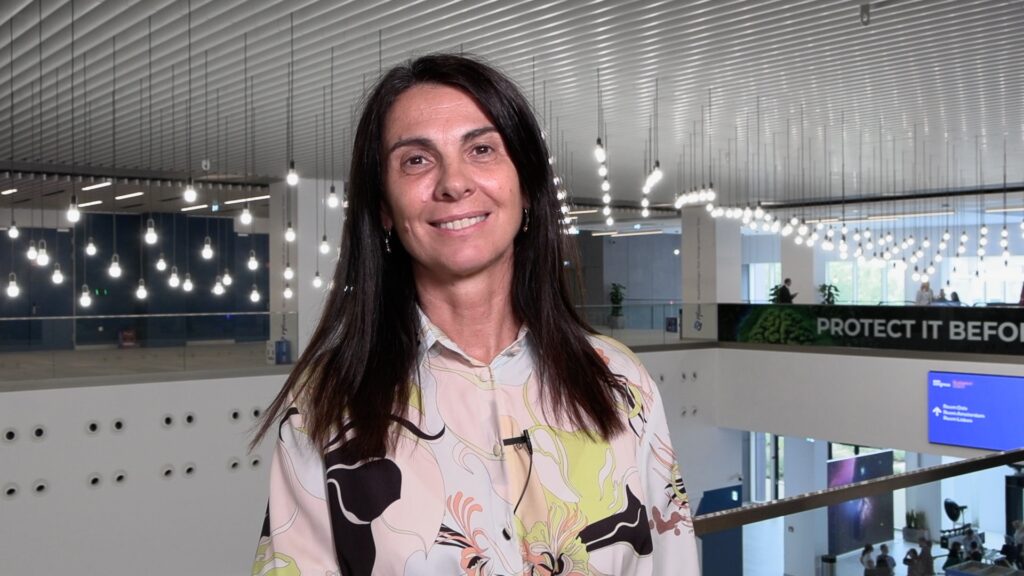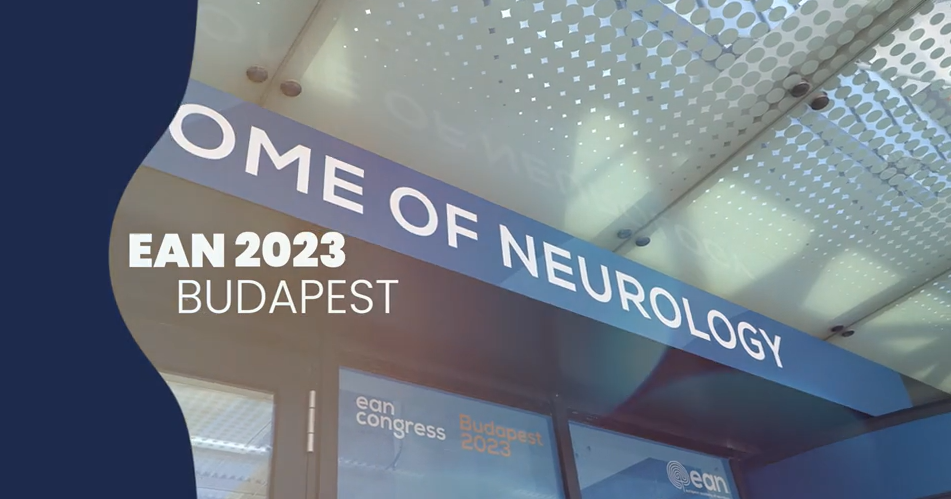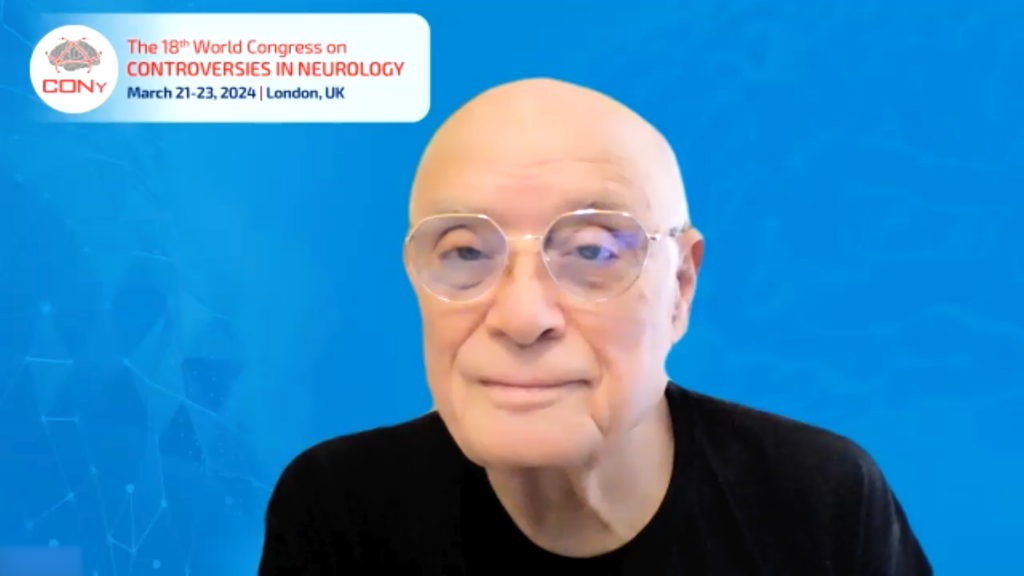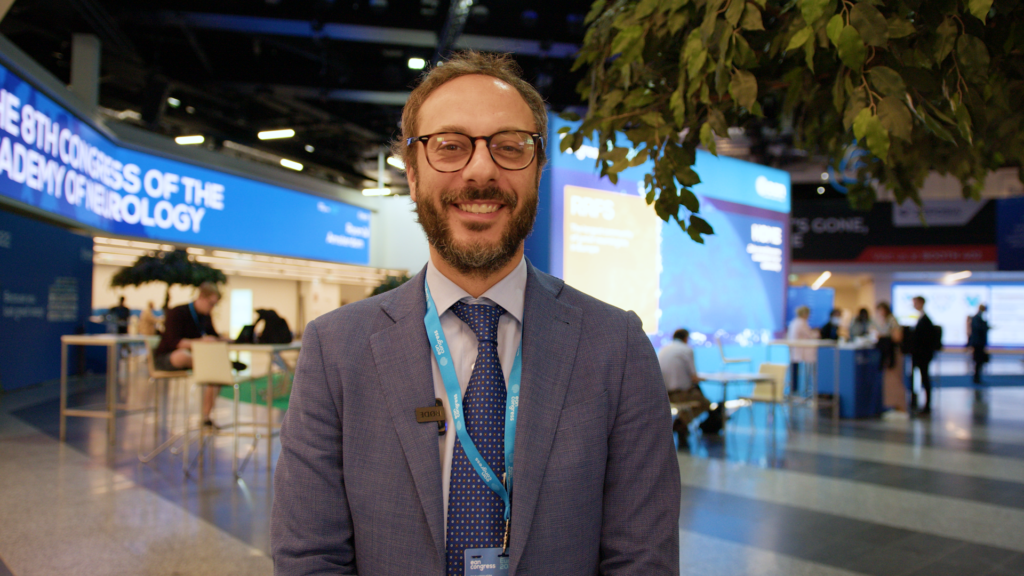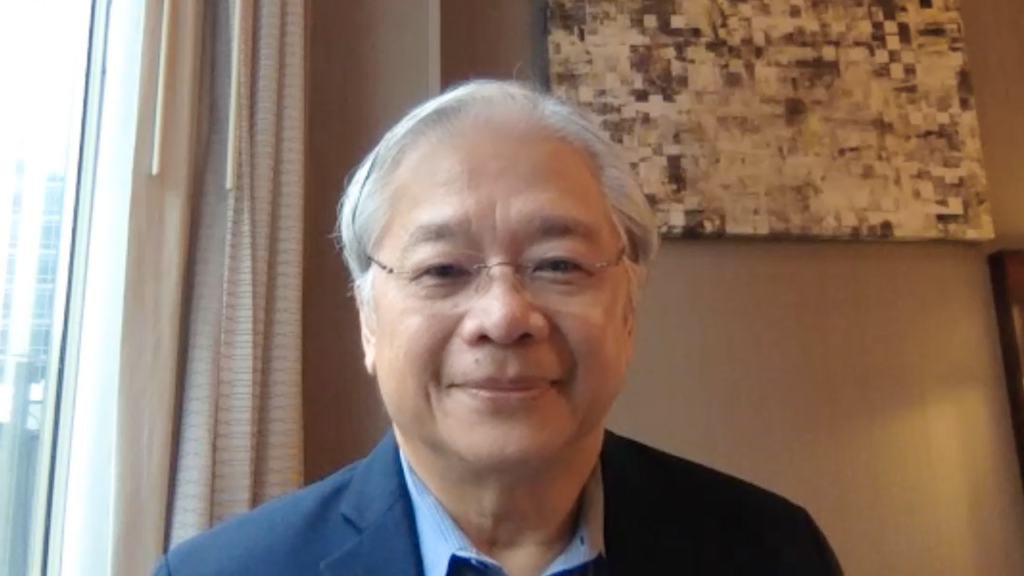touchNEUROLOGY met with Dr Teresa Coelho (Unidade Clinica de Paramiloidose, Hospital de Santo Antonio, Porto, Portugal) to discuss new therapies for the treatment of hereditary ATTR amyloidosis. Hereditary ATTR amyloidosis is a progressive and fatal disorder caused by variant transthyretin deposition as amyloid. The interview discusses an overview of tafamidis, patisiran, and inotersen, and their mechanism of action. Dr Coelho also discusses developing drugs and approaches in the pipeline for the treatment of hereditary ATTR amyloidosis.
The abstract entitled: ‘New Therapies in Hereditary Amyloid Neuropathies’ was presented at the XXV Biennial World Congress of Neurology (WCN) 2021, 3 Oct 2021 – 7 Oct 2021.
Questions:
- Could you tell us a little about hereditary ATTR amyloidosis and its symptoms? (0:20)
- Until recently, what have been the unmet needs in the treatment of this condition? (3:20)
- Could you give us an overview of tafamidis, patisiran and inotersen, and their mechanism of action? (7:11)
- What has been the impact of the approval of these drugs on clinical practice? (8:59)
- What other drugs and approaches are in the pipeline? (11:25)
Disclosures: Dr Teresa Coelho has been a past and is a current investigator in clinical trials sponsored by FoldRx, Pfizer, Alnylam, Ionis, Prothena and Eidos – Institution was paid per protocol. Dr Coelho is a consultant for Pfizer, Alnylam, Ionis, Akcea, Sobi, Biogen and Roche without financial compensation; and has spoken on behalf of Pfizer, Alnylam, Ionis, Akcea, Sobi and Biogen at Scientific Meetings without financial compensation. Dr Coelho has had expenses supported by Pfizer, Alnylam, Ionis and Biogen for travel, accommodation and registrations for scientific meetings.
Support: Interview and filming supported by Touch Medical Media. Interview conducted by Katey Gabrysch
Filmed as a highlight of WCN, Virtual 2021

